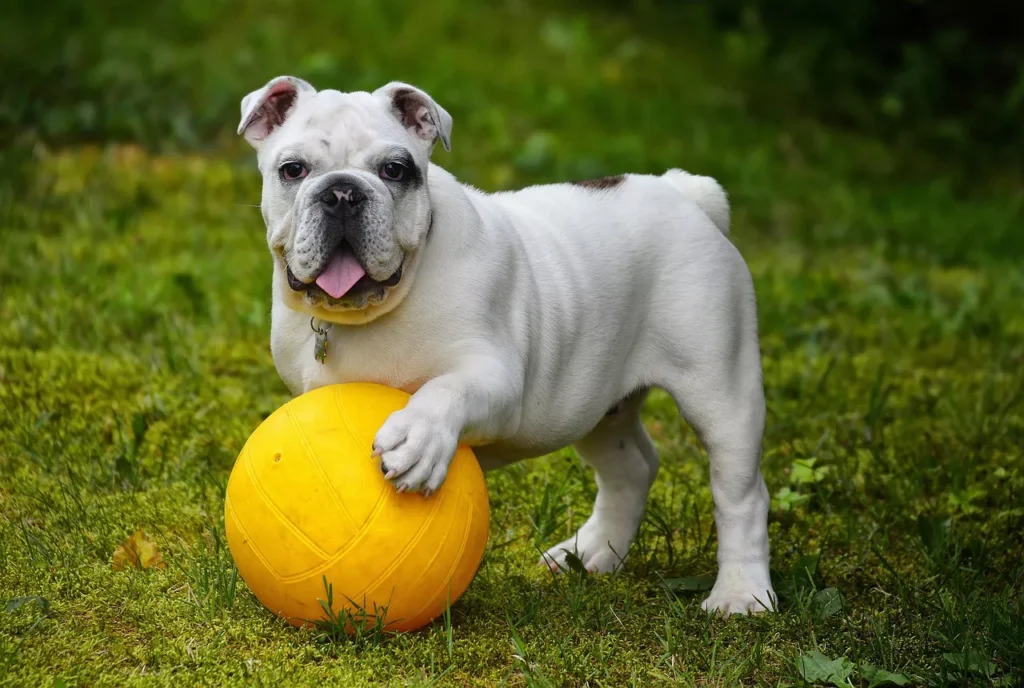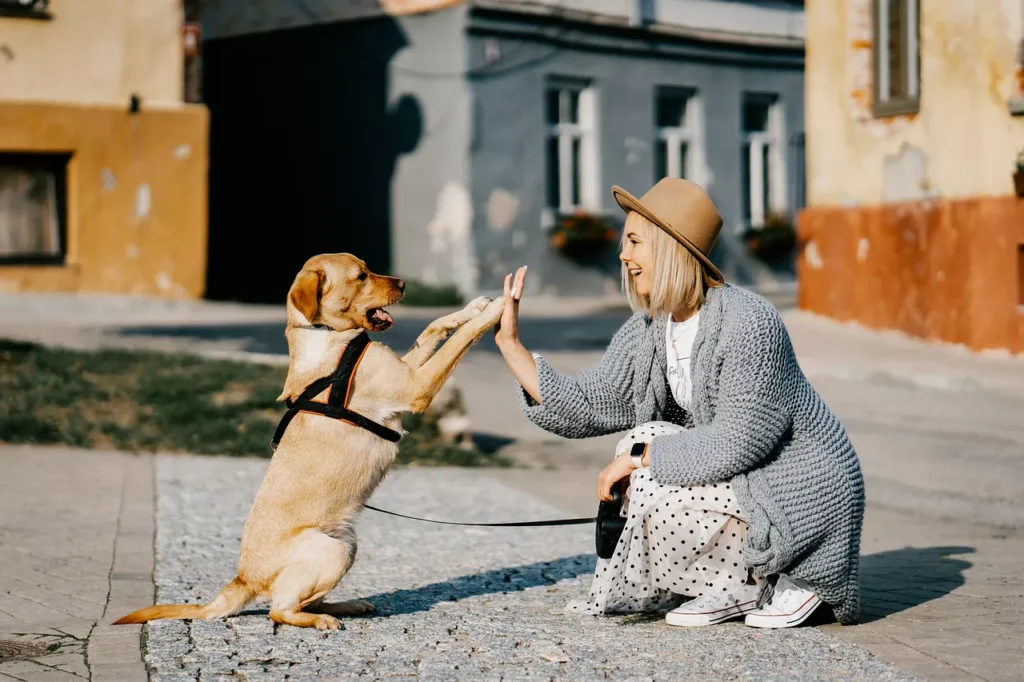Foods Your Dog Should Never Eat : if Your dog may be eager to eat “people food” from your dinner table or finish leftovers after a meal. That is safe to share certain foods with your dog. But some common foods and drinks can be harmful or toxic and dangerous for your dogs.
those item’s can harm your dogie’s check bellow
Even small amounts of alcohol can be dangerous for your favorite dog. If parties and other events where alcohol is flowing, place open drinks where your dog can’t reach out of them. Keep household items that contain an alcohol, such as mouthwash, in the safe place. Alcohol can be found in other surprising places like parties and wedding events etc. Dogs have gotten into trouble eating rotten apples, which can produce alcohol when they go’s bad.
Foods Your Dog Should Never Eat
As a pet owner, ensuring the health and well-being of your dog is a top priority. While dogs are beloved members of our families, their dietary needs differ significantly from ours. Some foods that are perfectly safe for humans can be extremely harmful, and even toxic, to dogs. Understanding which foods to avoid can prevent serious health issues and emergencies for your furry friend.
Chocolate and Caffeine
Chocolate is perhaps one of the most well-known toxic foods for dogs. It contains theobromine and caffeine, which can cause vomiting, diarrhea, rapid breathing, increased heart rate, seizures, and even death in severe cases. Dark chocolate and baking chocolate are particularly dangerous due to their high theobromine content. Similarly, caffeinated beverages such as coffee and tea should be kept away from dogs for the same reasons.

Grapes and Raisins
Grapes and raisins are another unexpected danger for dogs. While the exact toxic compound is not yet identified, ingestion can lead to sudden kidney failure in some dogs. Symptoms may include vomiting, lethargy, and a loss of appetite. Even small amounts can be harmful, so it’s crucial to keep these fruits out of reach of your canine companion.
Onions, Garlic, and Chives
Onions, garlic, and chives, whether raw, cooked, or powdered, contain compounds that can damage a dog’s red blood cells and lead to anemia. Symptoms may not appear immediately but can develop over several days. These ingredients are often found in many human foods, such as soups, sauces, and seasonings, making it essential to carefully read labels and avoid feeding dogs any dishes containing these substances.
Foods Your Dog Should Never Eat : Xylitol
Xylitol is a sugar substitute commonly found in sugar-free gum, candies, baked goods, and even some peanut butter brands. While safe for humans, it can cause a rapid and severe drop in blood sugar levels in dogs, leading to weakness, seizures, and potentially fatal liver damage. Even small amounts of xylitol can be dangerous, so it’s crucial to keep products containing this sweetener well out of your dog’s reach.
american staffordshire terrier puppies : guide for owner
Alcohol
Alcohol should never be given to dogs under any circumstances. Dogs are much more sensitive to alcohol than humans, and even small amounts can cause intoxication, vomiting, diarrhea, breathing difficulties, coma, and even death. Be mindful of alcoholic beverages left within reach, as dogs may be attracted to the taste but suffer severe consequences from ingestion.

Macadamia Nuts
Macadamia nuts are known to cause weakness, tremors, vomiting, and hyperthermia in dogs. The exact mechanism of toxicity is unknown, but even small amounts of these nuts can result in severe reactions that require veterinary attention. It’s safest to avoid feeding any foods containing macadamia nuts to dogs and to be cautious with nut-containing products around them.
Raw or Undercooked Meat and Bones
While dogs are natural carnivores, raw or undercooked meat and bones pose significant health risks. These foods can harbor harmful bacteria such as Salmonella or E. coli, which can cause gastrointestinal issues ranging from mild digestive upset to severe infections. Additionally, bones can splinter and cause choking hazards, intestinal blockages, or even puncture the digestive tract.**8. Dairy Products**Many dogs are lactose intolerant and lack the enzyme needed to properly digest lactose, the sugar found in milk and dairy products. Feeding dairy to lactose-intolerant dogs can result in digestive upset, including diarrhea and abdominal pain. While some dogs may tolerate small amounts of certain dairy products like plain yogurt or cheese, it’s best to avoid them altogether or consult with a veterinarian about suitable alternatives.
Salt and Salty Snacks
Excessive salt intake can lead to sodium ion poisoning in dogs, which manifests as symptoms such as vomiting, diarrhea, tremors, elevated body temperature, seizures, and even death. Salty snacks like chips, pretzels, and salted nuts should be kept away from dogs, as even small amounts can be harmful. Pay attention to the sodium content in any foods or treats given to your dog, and opt for low-sodium alternatives when possible.
Human Medications
Many medications that are safe for humans can be toxic to dogs, especially if ingested accidentally or in inappropriate doses. Common culprits include pain relievers like ibuprofen and acetaminophen, antidepressants, and prescription medications. Always store medications securely out of reach of pets, and never administer any medication to your dog without explicit instructions from a veterinarian.
Conclusion
As responsible pet owners, it’s our duty to educate ourselves about the foods that can harm our beloved dogs. By being vigilant about what we feed them and keeping dangerous substances out of their reach, we can help ensure their health and happiness for years to come. When in doubt about whether a particular food is safe for your dog, consult your veterinarian for guidance tailored to your pet’s individual needs.**Final Thoughts**Understanding the dangers posed by certain foods is essential for every dog owner. By staying informed and taking proactive steps to protect our pets, we can create a safe and nurturing environment that promotes their well-being and longevity.—This article aims to provide a comprehensive overview of foods that are harmful to dogs, emphasizing the importance of awareness and responsible pet care practices.
